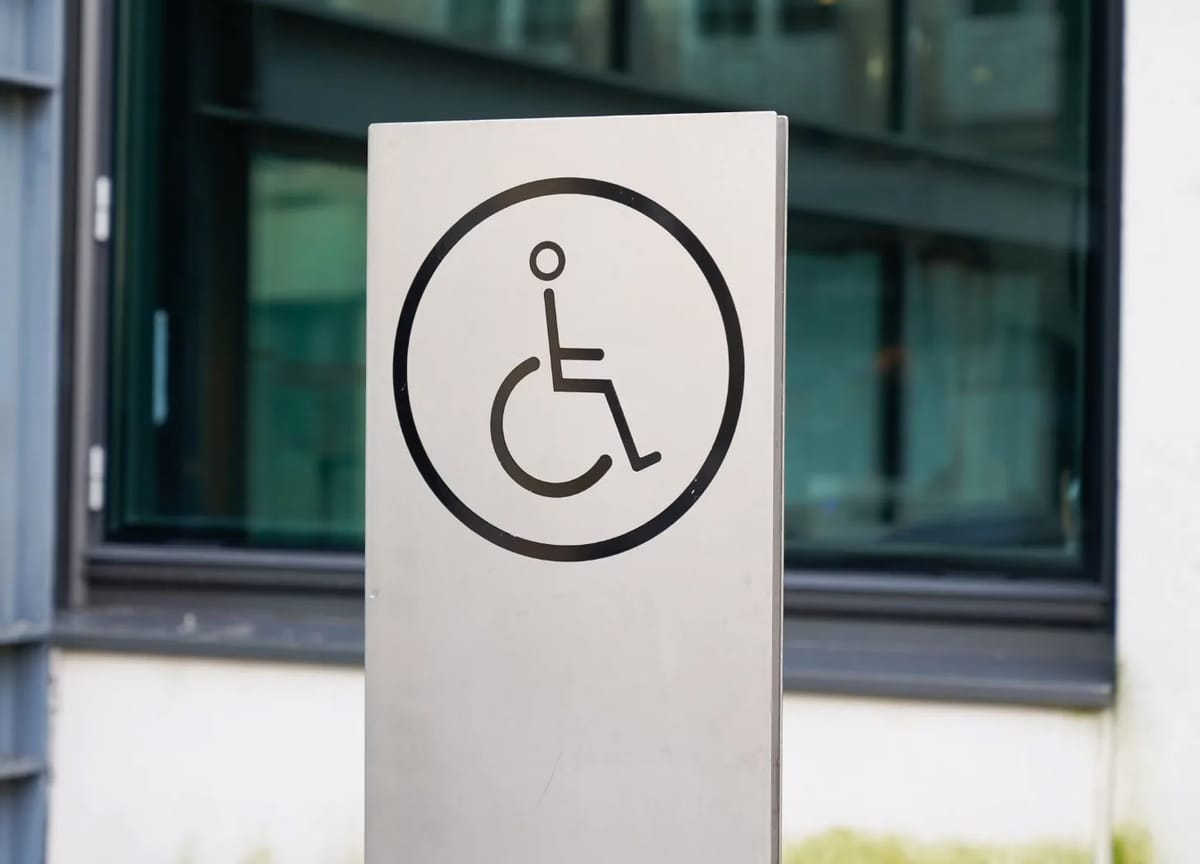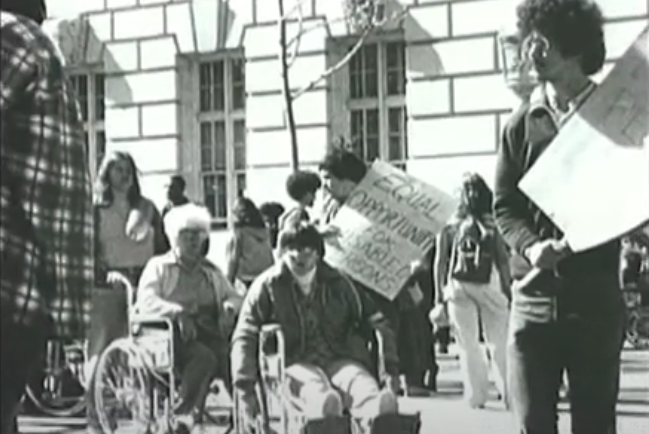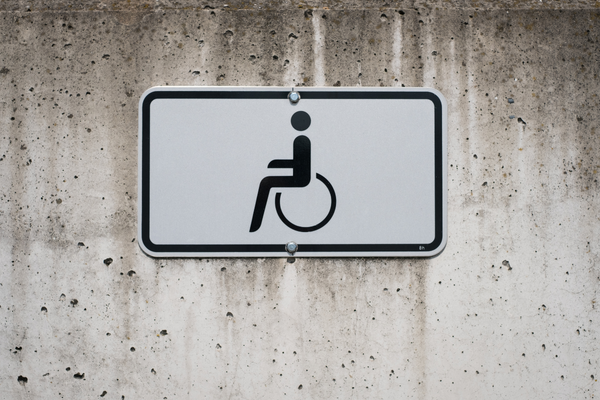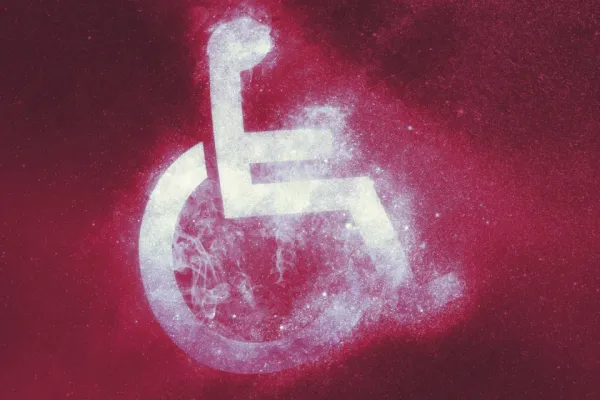4/30/25 - Cuts, cuts, cuts
The core reason for funding disability services should always be that disabled people need them.


There were no emails on Monday and Tuesday, because I wasn't feeling well. Here's what I had planned to share on Monday. And that will close out the month!
Explaining the HHS Draft Budget and Why It Is Harmful to Disabled People
Jess Davidson, American Association of People with Disabilities - April 23, 2025
"On April 16, 2025, the Washington Post reported on a leaked budget proposal from the Department of Health and Human Services (HHS). Presidential and agency budgets can be confusing, especially in the context of legislative action in the U.S. House and Senate. This resource describes what this draft budget might mean and outlines a few of its policy proposals that will most significantly impact disabled Americans."
HHS Plans to Cut Funds Used to Investigate Abuse at Group Homes
Julia Métraux, Mother Jones - April 21, 2025
"HHS’s funding threat was surprising news for Imparato. 'There’s been five decades of bipartisan consensus that it’s good to have a network that has access authority,' he said, 'and can go in and expose abuses that are happening for people with intellectual and developmental disabilities and other disabilities.'"
Dismantling the one U.S. agency focused on older adults, people with disabilities is startlingly inefficient
Alison Barkoff, Kathy Greenlee, Sharon Lewis, and Henry Claypool, STAT - April 17, 2025
"ACL is a lean agency that achieves its important mission through coordination and collaboration. It is the definition of efficiency ... That’s why we — as the individuals who founded ACL and most recently led it — are so dismayed by HHS’ intent to dissolve ACL, reassigning its programs across multiple agencies, stepping backwards towards siloed, uncoordinated programs."
When disability programs are threatened with funding cuts, arguments in favor of those programs usually come in two main forms:
- The "penny wise, pound foolish" / long term efficiency argument against cuts in disability programs – asserting that saving money in the short term will just lead to higher expense later because of disabled people's unmet needs and untapped potential.
- The more direct and emotionally raw argument – that cuts to disability benefits and services are heartless and cruel to disabled people, whether or not they save money or appear more efficient.
The first argument depends on the idea that disability services aren't just good for disabled people, but for society at large. It's the idea that spending $100 now to support a disabled person's needs and goals will somehow "pay off" – in a better life for the disabled person, but also in them needing less assistance in the future, and becoming a productive taxpayer. This pragmatic argument has been fairly popular among at least some disability advocates. And there is some validity to it. Cutting off supports today does tend to make disabled people more dependent tomorrow. And investments in independence now for a disabled person does at least open the door to a more self-sufficient life later on.
On the other hand, maybe we shouldn't depend too much on this optimistic formula in arguing for disability supports. Sometimes, it doesn't work out quite that neatly. Some disabled people will still need help later, despite getting substantial support now. More importantly, whether or not disabled people deserve support shouldn't depend on some promise of productivity. We deserve support because we are human beings, no matter how independent or productive we become.
It makes me think about something my father told me once. He was a pediatrician who later worked in public health. He told me that it's risky to rely too much on the idea that the services you need funded will somehow save money "in the long run." Sometimes they do. Sometimes they don't. The core reason for funding disability services should always be that disabled people need them.
Don't forget to give a thumbs up, thumbs down, or comment on this newsletter down below. And please do share it with any others who you think might be interested.

Action Alerts
Opportunities to take action on disability issues ...



Disability Thinking Weekday is a Monday-Friday newsletter with links and commentary on disability-related articles and other content. Please like, share, comment, and subscribe — for free, or with a paid subscription. A free subscription brings a newsletter to your email each weekday, and gives you access to Comments. Benefits of paid subscription include:
- A monthly recap with links to all of the previous month's shared articles, organized by topic.
- Listing as a supporter, and a link to your website if you have one.
- You can recommend one disability-related article for me to share per month in a weekday post.
To to subscribe, or check and change the status of your subscription, click this button:
I am so grateful for your help and engagement, in whichever forms you choose!






